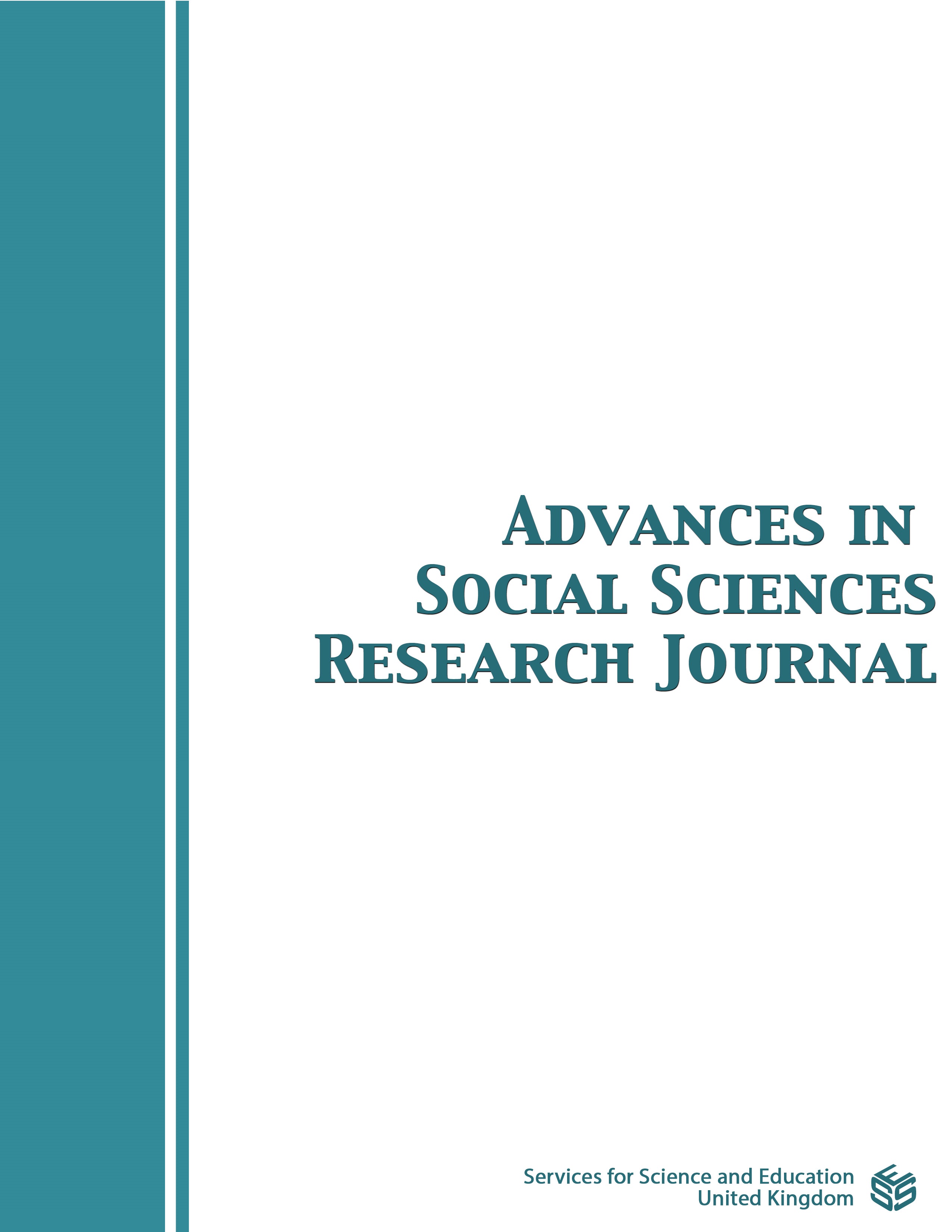History’s Legacy: Human Nature Is Unchanging
DOI:
https://doi.org/10.14738/assrj.117.17137Keywords:
anthropological crisis, history repeat itself, economy is an mean not an end, economy is social science not rational scienceAbstract
Today we ought to be in a completely different situation from that of Plato and Raphael during " italian renaisance ", thanks to the progress and power of technical knowledge. A knowledge which has become an end in itself for the modern world, one that should have provided answers to satisfy our primary needs, releasing us from our “shackles”, reducing inequalities, freeing us, at least in part, from a life of fatigue and suffering in physical terms. Scientific knowledge should have helped to create a situation in which our free, inventive mind could once again be the driving force of life, leading us to that dimension of spiritual joy we admire in splendid works of art. This is what Keynes thought would happen. In his essay Economic Possibilities for our Grandchildren written in 1930 he said: ‘Thus for the first time since his creation man will be faced with his real, his permanent problem – how to use his freedom from pressing economic cares, which science and compound interest will have won for him [...]. The love of money as a possession – as distinguished from the love of money as a means to the enjoyments and realities of life – will be recognised for what it is, a somewhat disgusting morbidity, one of those semi-criminal, semi-pathological propensities which one hands over with a shudder to the specialists in mental disease’.
Downloads
Published
How to Cite
Issue
Section
License
Copyright (c) 2024 Fabrizio Pezzani

This work is licensed under a Creative Commons Attribution 4.0 International License.
Authors wishing to include figures, tables, or text passages that have already been published elsewhere are required to obtain permission from the copyright owner(s) for both the print and online format and to include evidence that such permission has been granted when submitting their papers. Any material received without such evidence will be assumed to originate from the authors.






